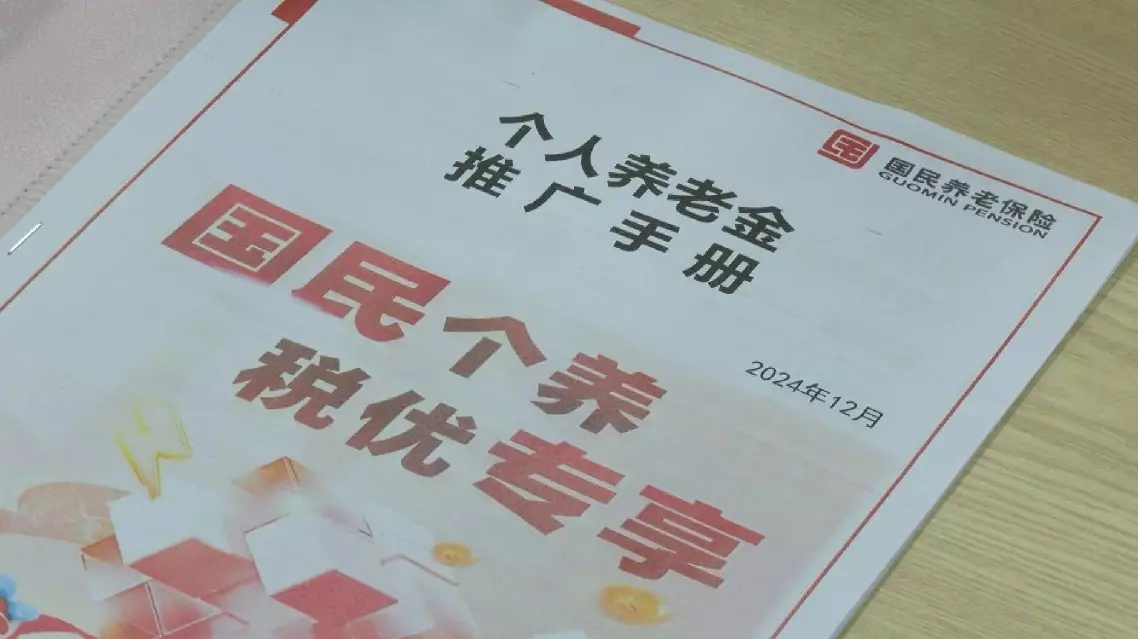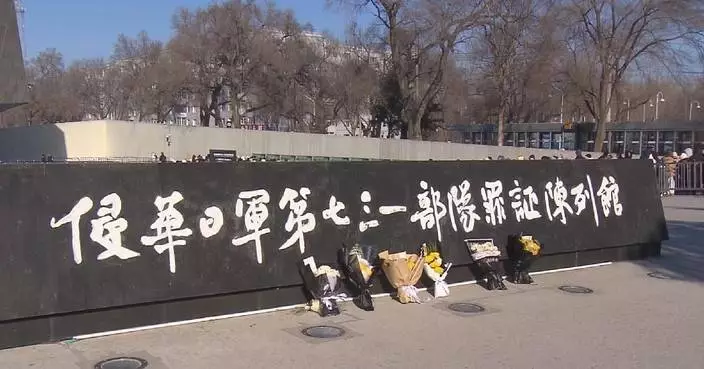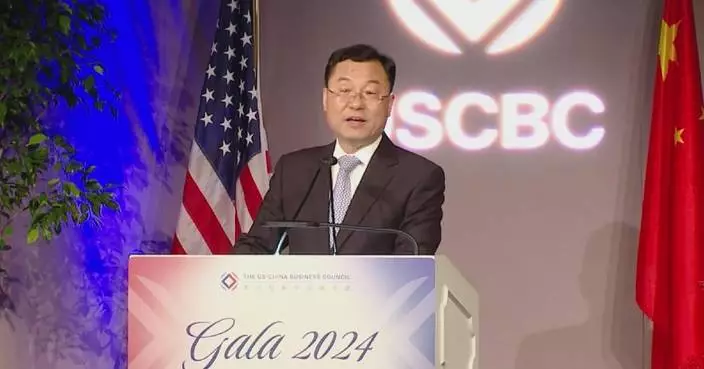China's nationwide roll-out of a private pension scheme is set to raise public awareness on the importance of pensions and improve the financial wellbeing of people in their retirement, according to industry insiders.
China on Thursday announced the expansion of a private pension scheme from 36 pilot cities and regions to the entire country, effective from Dec. 15.
Serving as supplementary pension insurance, this scheme is voluntary for individuals and operated in a market-oriented manner with support from national policies, according to a notice jointly issued by five government departments including the Ministry of Human Resources and Social Security.
People who currently contribute to basic pension schemes for urban employees, non-working urban residents and rural residents can all participate in the private pension scheme, according to the notice.
The scheme allows participants to contribute up to 12,000 yuan (about 1,670 U.S. dollars) annually to their private pension accounts, and offers them tax incentives.
Insurance industry insiders said following the expansion, financial institutions are set to offer more varieties of products to meet diversified needs of individuals, and public awareness of the importance of pensions will be raised.
"All kinds of financial institutions will build a differentiated and diversified product system around the diverse pension financial needs of people throughout their life cycle, and provide customized and quality comprehensive services, especially for those who have been involved in flexible employment and new forms of employment. This will further raise people's awareness of the importance of pensions," said Wang Jing, the head of the market channel department at Guomin Pension.
The private pension scheme, launched in November 2022, was piloted in 36 cities and regions including Beijing, Shanghai and Guangzhou.
More than 70 million private pension accounts have been opened under this scheme so far, while the number of investment products has exceeded 800.
Financial products, such as wealth management products, savings deposits, commercial pension insurance and public funds, have been offered under the scheme.

China expanding private pension scheme to raise pension awareness: industry insider










